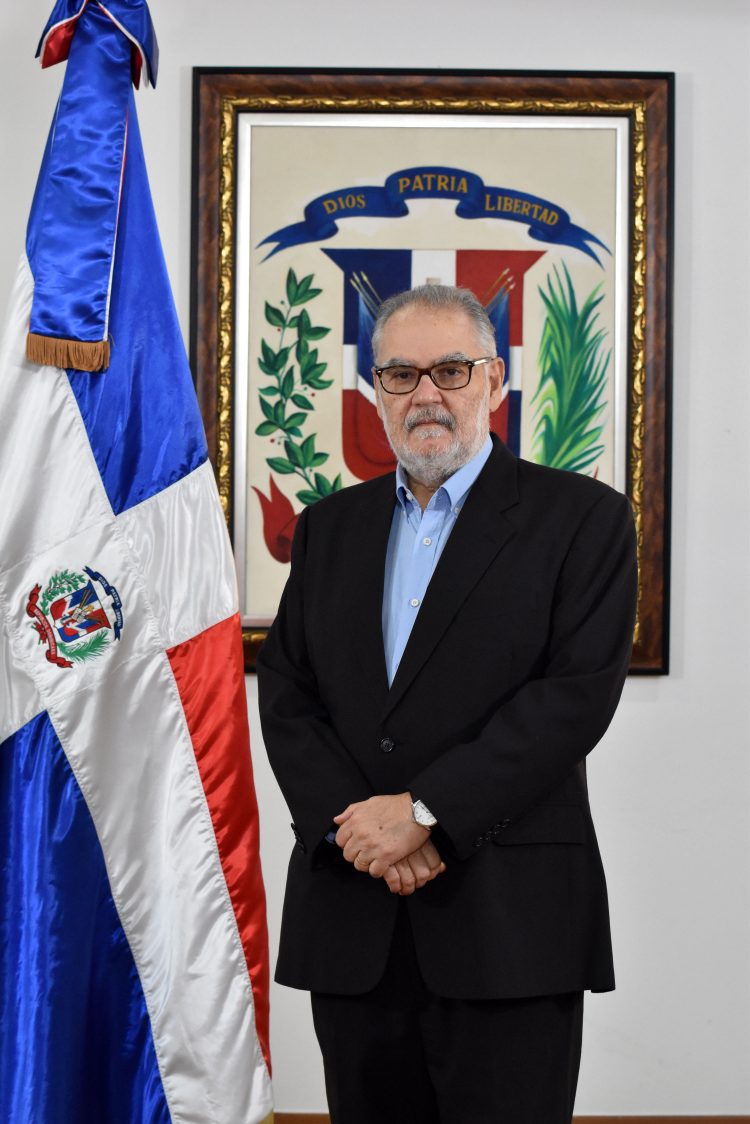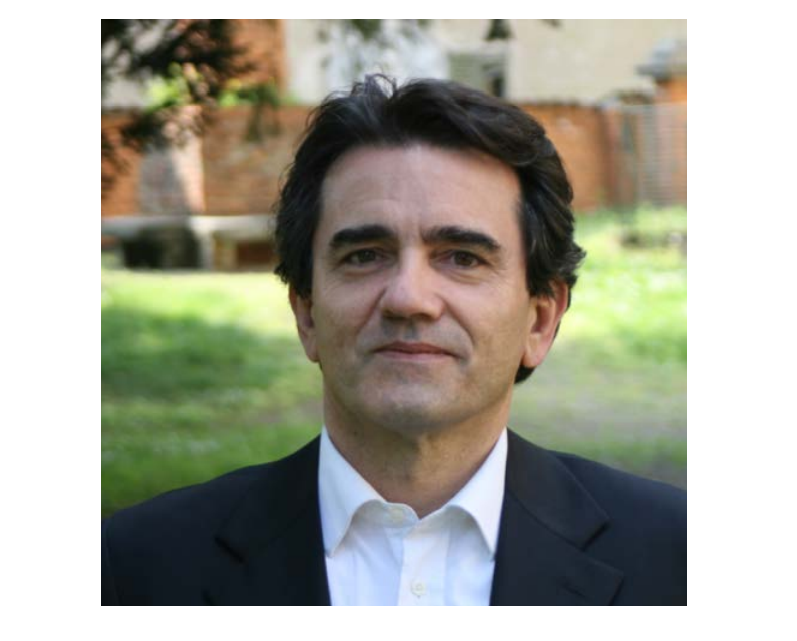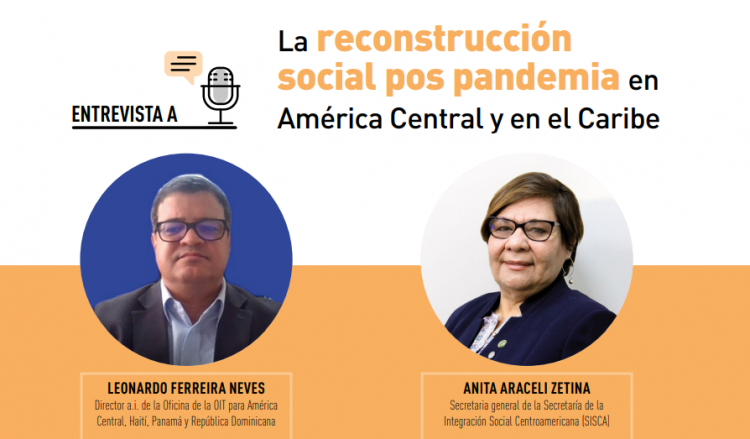Marc Litvine, Senior expert, Sector director, Programs for Latin America and the Caribbean of the European Commission

Nearly two years into the pandemic, the focus is finally shifting from emergency to recovery. However, such recovery should not be a mere return to pre-COVID-19 normalcy; on the contrary, we must seize the opportunity to build fairer and more inclusive societies, renewing our social cove- nants in a more ethical manner.
The challenge, which existed previously but has intensified with the pandemic, is to ensure that the necessary green and digital transitions are fair, and that this progress does not produce new social gaps or widen existing ones. In this sense, the European Union is striving for a reconstruction that preserves the environment and takes advantage of new technologies, while maintaining its strong commitment to social inclusion and justice. We envisage a recovery scenario in which the environmental, technological, productive and social agendas are fully articulated. This applies to domestic policies, but also to international alliances, particularly with a like-minded region such as Latin America and the Caribbean.
We must also consider the economic factor in the new social covenants. States, companies and individuals have had to make great economic efforts to weather the crisis. In the case of countries, this has translated into a significant increase in debt levels. This situation forces us to rethink our taxation models in a way that allows States to guarantee the fundamental rights of the people and, at the same time, the sustainability of the system.
Not only has the economy suffered a setback in recent times, but the protection of some human rights has also been damaged. In many cases, the confinements and the health emergency have been especially harmful to women, whose rights we have not been able to protect as much as in pre-pandemic times. It is therefore necessary to redouble the efforts that have been made in recent times to close all gender gaps.
The new social pacts also provide a good opportunity to strengthen social protection systems and expand alternative models of citizen participation, as well as to move towards greater levels of transparency and good governance. Although the first steps in the process were taken before the pandemic, this drive towards new forms of governance has been particularly strong in the case of Chile, which is on the way to a new and innovative Constitution.
After a period of crisis, a new and challenging time is opening up before us. In these circum- stances, it is more relevant than ever to share lessons learned, innovative proposals and ideas that enable us to move towards the articulation of new social covenants. This makes spaces for joint reflection between the European Union and Latin America and the Caribbean -such as the Recípro- camente magazine of the EUROsociAL+ programme- more necessary than ever. Here are ideas for new beginnings. I hope you find them inspiring.



